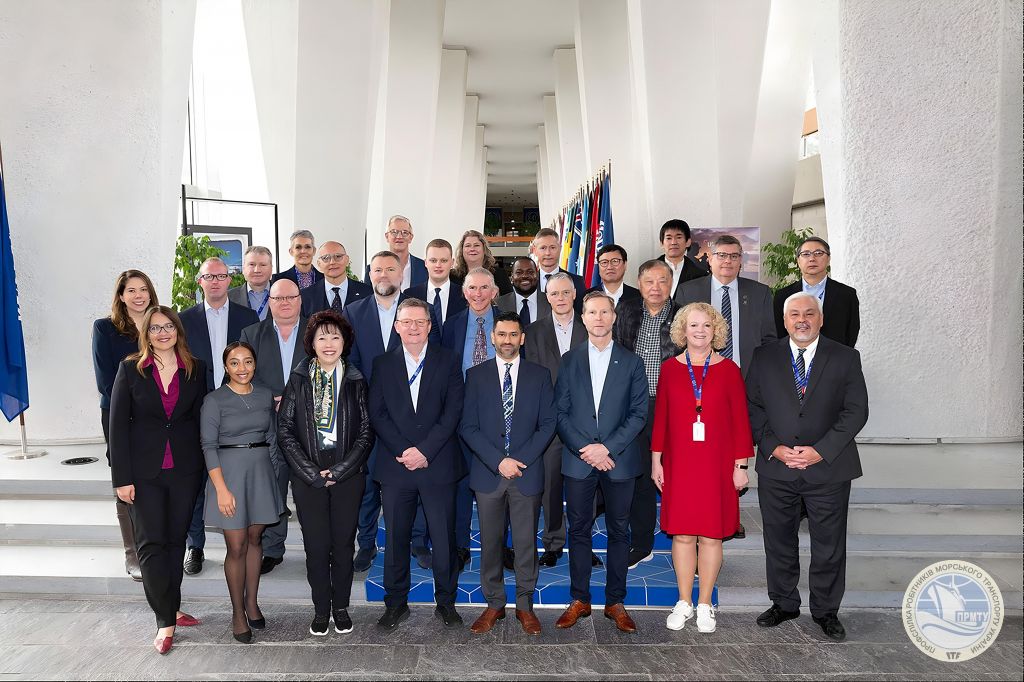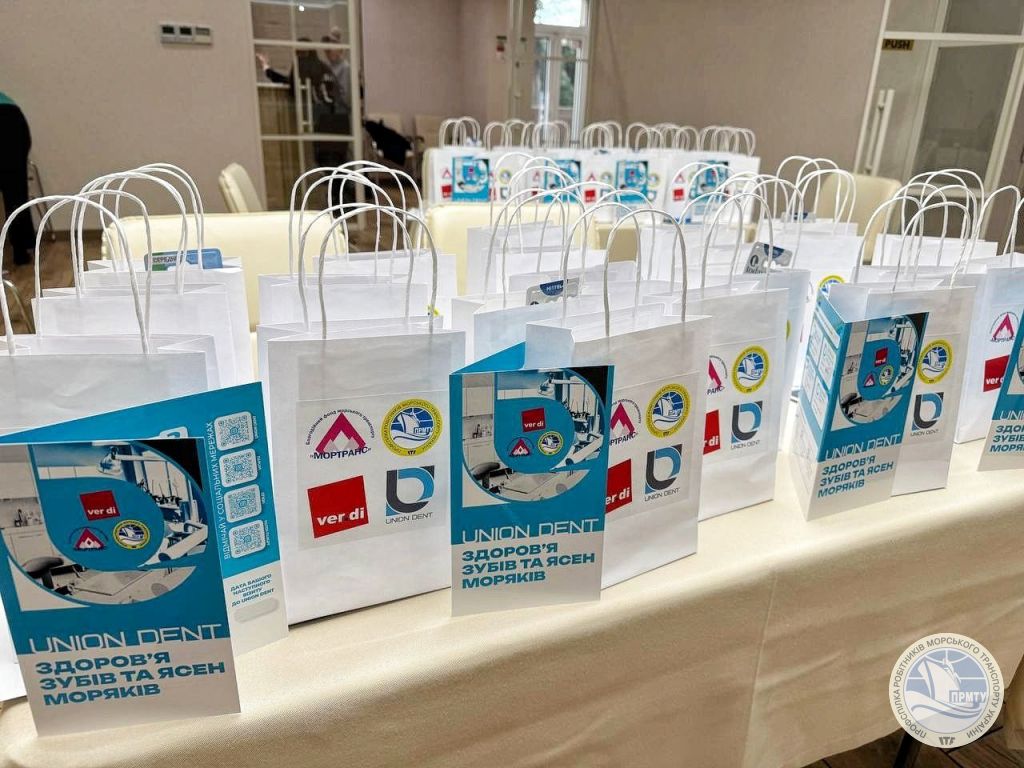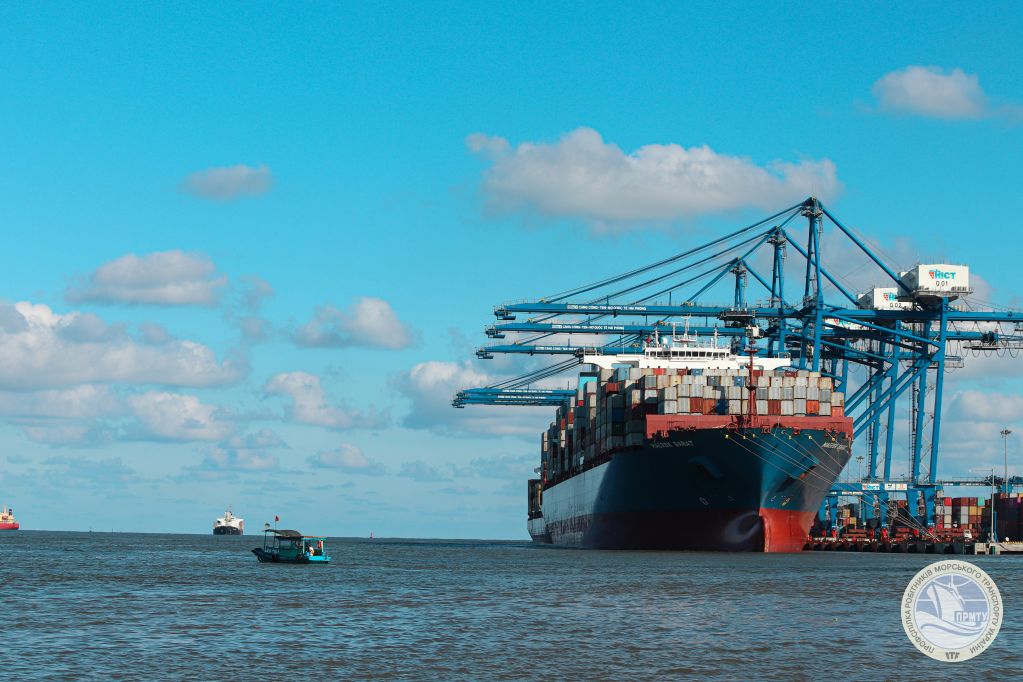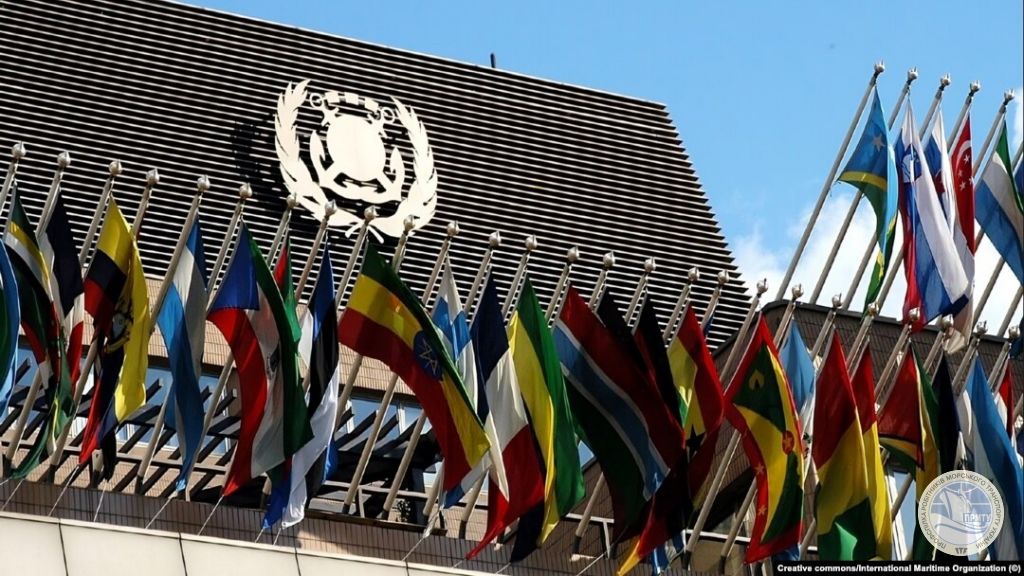The Maritime Anti-Corruption Network (MACN) visited Ukraine this week as part of our in-country Collective Action initiative.
As a global industry that interacts regularly with government agencies, the maritime industry is exposed to multiple layers of integrity risks, such as frequent demands for corrupt payments including cash or in-kind benefit. Challenges of this kind give rise to operational disruption and increased operational costs. In some cases, rejecting demands endangers the safety of the Master, crew, and the vessel. Strengthening Integrity through Collective Action in ports and the maritime supply chain is, therefore, key to not only improving the ease of doing business in the maritime industry but also to promote economic and social development and a more inclusive global economy.
To better understand the challenges faced by seafarers in Ukraine, MACN representatives Vivek Menon and Inna Lunding visited the offices of the Trade Union of Maritime Transport Workers of Ukraine (MTWTU). MACN presented its work at a meeting held at the Maritime Union Centre, which was attended by representatives of top crewing companies, training centres, maritime educational institutions, and Ukrainian seafarers. MACN shared its Collective Action work from various countries, for example, Argentina, Nigeria, and Indonesia, which have proven successful primarily through public-private sector dialogue on integrity, promoting transparent regulation and accountability mechanisms in the port sector, and by launching zero-tolerance campaigns.The Maritime Anti-Corruption Network (MACN) visited Ukraine this week as part of our in-country Collective Action initiative. As a global industry that interacts regularly with government agencies, the maritime industry is exposed to multiple layers of integrity risks, such as frequent demands for corrupt payments including cash or in-kind benefit. Challenges of this kind give rise to operational disruption and increased operational costs. In some cases, rejecting demands endangers the safety of the Master, crew, and the vessel. Strengthening Integrity through Collective Action in ports and the maritime supply chain is, therefore, key to not only improving the ease of doing business in the maritime industry but also to promote economic and social development and a more inclusive global economy.
To better understand the challenges faced by seafarers in Ukraine, MACN representatives Vivek Menon and Inna Lunding visited the offices of the Trade Union of Maritime Transport Workers of Ukraine (MTWTU). MACN presented its work at a meeting held at the Maritime Union Centre, which was attended by representatives of top crewing companies, training centres, maritime educational institutions, and Ukrainian seafarers. MACN shared its Collective Action work from various countries, for example, Argentina, Nigeria, and Indonesia, which have proven successful primarily through public-private sector dialogue on integrity, promoting transparent regulation and accountability mechanisms in the port sector, and by launching zero-tolerance campaigns.









